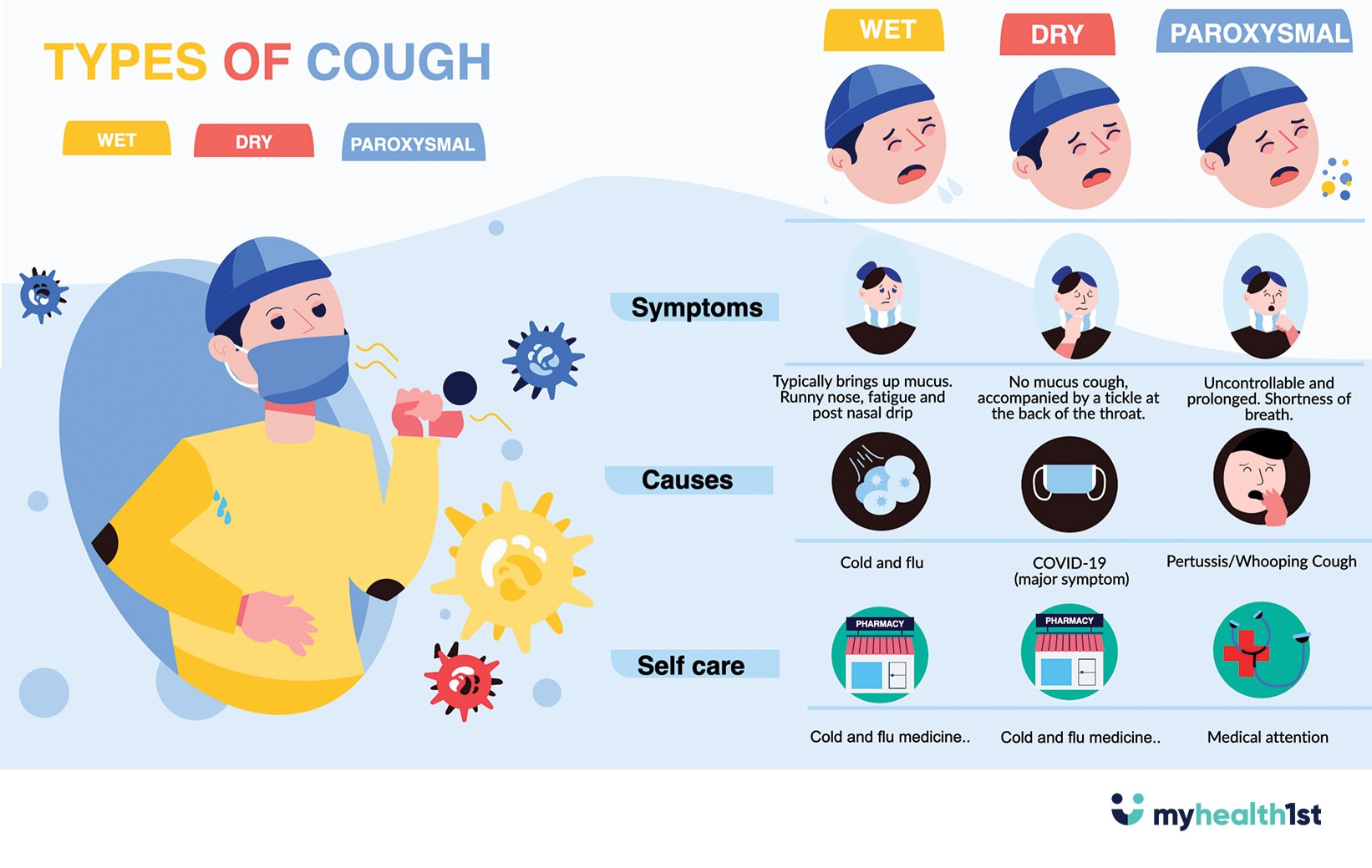Experiencing coughing and tummy pain simultaneously can be alarming and confusing for many individuals. These symptoms may stem from a variety of underlying health conditions, ranging from minor issues to more serious concerns. Understanding the causes, recognizing the symptoms, and identifying effective remedies are essential steps in managing these discomforts effectively.
Whether it's due to an infection, lifestyle factors, or a chronic condition, coughing and tummy pain are common complaints that often prompt people to seek medical advice. By exploring the potential causes and learning how to address these symptoms, you can take proactive steps toward better health and well-being.
In this comprehensive guide, we'll delve into the world of coughing and tummy pain, providing valuable insights into their causes, symptoms, and treatment options. Whether you're dealing with these issues personally or seeking information for a loved one, this article is designed to equip you with the knowledge you need to make informed decisions about your health.
Read also:Meet Tim Kennedys Wife A Closer Look At Their Life Together
Table of Contents:
- Biography (if applicable)
- Understanding the Connection Between Coughing and Tummy Pain
- Common Causes of Coughing and Tummy Pain
- Symptoms to Watch For
- Diagnosis and Testing
- Treatment Options and Remedies
- Lifestyle Changes to Alleviate Symptoms
- Dietary Recommendations
- Prevention Strategies
- When to See a Doctor
- Conclusion
Understanding the Connection Between Coughing and Tummy Pain
While coughing and tummy pain may seem unrelated at first glance, they can sometimes be interconnected due to underlying health conditions or physiological processes. This section will explore how these symptoms might be linked and why it's important to address them together.
How Coughing Can Affect the Abdomen
Intense or prolonged coughing can strain the abdominal muscles, leading to discomfort or pain in the stomach area. This is particularly common in cases of chronic coughing, such as during a respiratory infection or asthma flare-up.
Possible Gastrointestinal Triggers
Conditions affecting the gastrointestinal system, such as acid reflux or gastritis, can also cause both coughing and abdominal pain. Acid reflux, for instance, may irritate the throat and trigger a cough while simultaneously causing stomach discomfort.
Common Causes of Coughing and Tummy Pain
Several factors can contribute to the occurrence of coughing and tummy pain. Below, we'll outline some of the most common causes:
Infections
- Respiratory infections like bronchitis or pneumonia
- Gastrointestinal infections such as food poisoning or gastroenteritis
Chronic Conditions
- Asthma
- Gastroesophageal reflux disease (GERD)
Other Potential Causes
- Allergies
- Medication side effects
Symptoms to Watch For
Recognizing the symptoms associated with coughing and tummy pain is crucial for early intervention. Here are some key signs to look out for:
Read also:Justin Kroma Age Unveiling The Life And Journey Of A Rising Star
Respiratory Symptoms
- Persistent cough
- Shortness of breath
- Chest tightness
Gastrointestinal Symptoms
- Abdominal cramps
- Diarrhea or constipation
- Nausea or vomiting
Diagnosis and Testing
Accurate diagnosis is essential for effective treatment. Healthcare providers may use various methods to identify the underlying cause of coughing and tummy pain.
Medical History and Physical Examination
Your doctor will likely begin by reviewing your medical history and performing a thorough physical examination. This step helps narrow down potential causes and guides further testing.
Diagnostic Tests
- Blood tests
- Imaging studies (e.g., X-rays, CT scans)
- Endoscopic procedures
Treatment Options and Remedies
Treatment for coughing and tummy pain depends on the underlying cause. Below are some general approaches that may be recommended:
Medications
- Antibiotics for bacterial infections
- Antacids or proton pump inhibitors for GERD
Home Remedies
- Staying hydrated
- Using a humidifier to soothe coughing
Lifestyle Changes to Alleviate Symptoms
Adopting certain lifestyle changes can help reduce the frequency and severity of coughing and tummy pain:
Improving Posture
Practicing good posture, especially while eating, can minimize acid reflux and related symptoms.
Managing Stress
Stress can exacerbate both respiratory and gastrointestinal issues. Engaging in stress-reducing activities, such as yoga or meditation, may provide relief.
Dietary Recommendations
Your diet plays a significant role in managing coughing and tummy pain. Here are some dietary tips to consider:
Foods to Avoid
- Spicy or fatty foods
- Caffeinated beverages
Foods to Include
- Fruits and vegetables high in fiber
- Lean proteins
Prevention Strategies
Preventing coughing and tummy pain involves adopting healthy habits and avoiding known triggers:
Vaccinations
Getting vaccinated against respiratory infections can help protect against coughing and related complications.
Proper Hygiene
Washing your hands regularly and maintaining good hygiene practices can reduce the risk of gastrointestinal infections.
When to See a Doctor
While some cases of coughing and tummy pain may resolve on their own, others require medical attention. Seek professional help if you experience:
- Persistent symptoms lasting more than a week
- Severe pain or difficulty breathing
- Signs of dehydration
Conclusion
Coughing and tummy pain can stem from a variety of causes, ranging from minor infections to chronic conditions. By understanding the connection between these symptoms, recognizing the signs, and exploring treatment options, you can take control of your health and well-being. Remember to consult a healthcare professional if your symptoms persist or worsen.
We encourage you to share this article with others who might benefit from the information. Feel free to leave a comment below or explore other articles on our site for more health-related insights. Stay informed and prioritize your health today!
References:
- World Health Organization (WHO)
- Centers for Disease Control and Prevention (CDC)
- National Institutes of Health (NIH)


